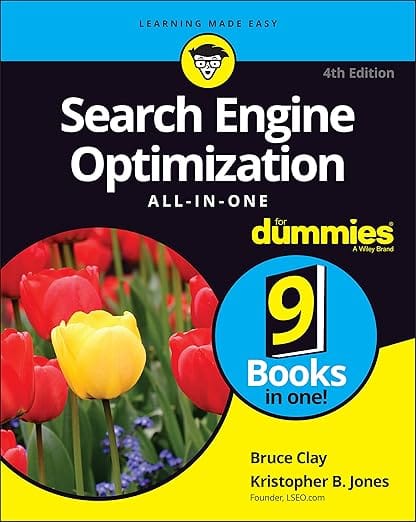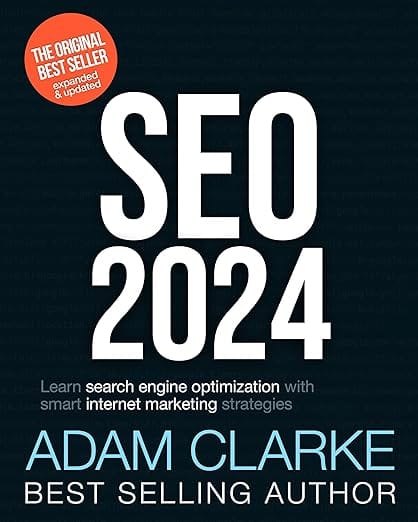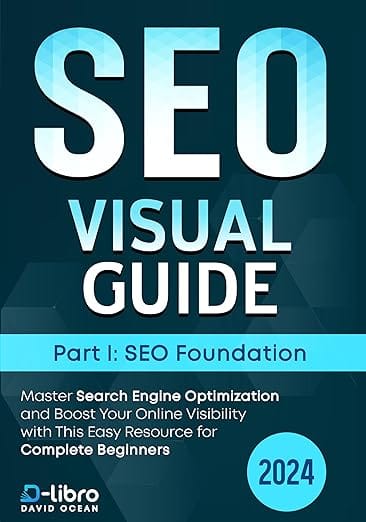The Ultimate SEO Guide: This One Article is All You Need!

Back in 2015, I dove into the world of SEO. I bought eight SEO books and devoured them all. I even created my own personal website, though I was a pretty lousy webmaster and eventually let it go to ruin.
Fast forward eight years, and a lot has changed. My website is a ghost town, and SEO isn't the hot topic it once was. But SEO has been a lifelong benefit for me—it's the foundation of the internet. Digging into user needs, validating hot trends—these are essential skills for anyone in the digital world.
People often ask, "What is SEO?" "How does SEO work?" So today, I'll break it down for you in a short, straightforward article.
What is SEO?
SEO stands for Search Engine Optimization. Originally, it was all about boosting your website's ranking on search engines like Baidu. But now, it's used for way more than just Baidu. If you've got content, SEO is your tool to figure out how it gets ranked, whether it’s on Baidu, Taobao, TikTok, or WeChat.
For example, if you search for "side hustle" on Baidu, there could be 10,000 websites with that content. How does Baidu decide who ranks first, second, or last? The higher your content ranks, the more exposure and traffic you get. SEO techniques apply to any platform. Got it? SEO is about optimizing your ranking based on the platform’s sorting rules.
How to Rank: The Nuts and Bolts of SEO
Here comes the juicy stuff! I’m switching to a Q&A format because I’ve been really into it lately.
1. Is Better Content Equal to Better Rankings?
Yes, sort of. It's about whether users stay, read your content, follow you, comment, and send you messages. These interactions are key indicators of content quality.
Rankings are determined by AI, which uses real user interaction data to rank and recommend content. Human oversight is minimal unless it’s a viral or high-impact piece, because humans are expensive and less efficient than machines.
2. How to Create Content?
Two ways: quantity or quality. You can churn out 10 to 100 pieces of content daily. As long as it's not violating rules, it’ll keep generating traffic. Keywords in your title and content help your material get found.
Every platform supports new content with higher initial weight. Without this, new content wouldn't emerge, leading to stagnation—a big no-no for platforms. Some folks exploit this by mass-producing content, gaining loads of traffic.
The second way is to focus on quality. Spend a day, a week, or even a month on a single piece. This isn’t just good content—it’s excellent work. Platforms crave top-notch content.
3. Building a Keyword Library
Create a keyword library by searching core keywords, long-tail keywords, and user needs. Log these keywords and their search indexes into a spreadsheet, and you’ve got your keyword library.
Use platform-specific tools for search indexes. For Taobao SEO, use their ad tools. For TikTok, use their analytics tools. For Baidu, use Baidu Index. For WeChat, use WeChat Index. For Little Red Book, use their platform tools.
Focus on big keywords with quality content, and use quantity to cover long-tail keywords. With AI, content creation is super fast and cheap.
SEO is about capturing precise search traffic. Build a keyword library and cover all bases.
4. How to Optimize Rankings
Whether black hat or white hat, whatever works is good. Here's a story: five years ago, I tried optimizing a website using white hat methods for three months. No luck. Then I spent $45 on quick ranking (simulated clicks). The next day, my ranking shot up.
So, share your content, buy ads, pay for likes and bookmarks—these work! Platforms don’t have the bandwidth to catch everyone, just like with fake reviews in e-commerce. Unless you’re too blatant, you’re fine.
5. Can You Do SEO Without SEM?
Nope. If you only do SEO, it’s not enough. Free traffic is limited, especially in niche markets. Paid traffic is limitless. Ignoring search ads is like overlooking a goldmine right in front of you.
The ultimate goal of SEO is search ads—continuous, precise traffic. It’s golden. If search ads are too competitive and costly, then SEO isn’t worth it—just switch fields.
SEO has always been, and will always be, valuable. Cheap ads, high conversion rates—if you don’t do search ads, you’re not really doing SEO.
SEO Summary:
- Build a keyword library: Identify needs and study market demand.
- Focus on content: Either in bulk or high quality.
- Engage with interaction data: It’s always effective.
Got it? With this guide, you’ll never be fooled by SEO gurus again. SEO is a basic, fundamental skill everyone in the digital world should understand. It's simple, isn’t it?
Books:






